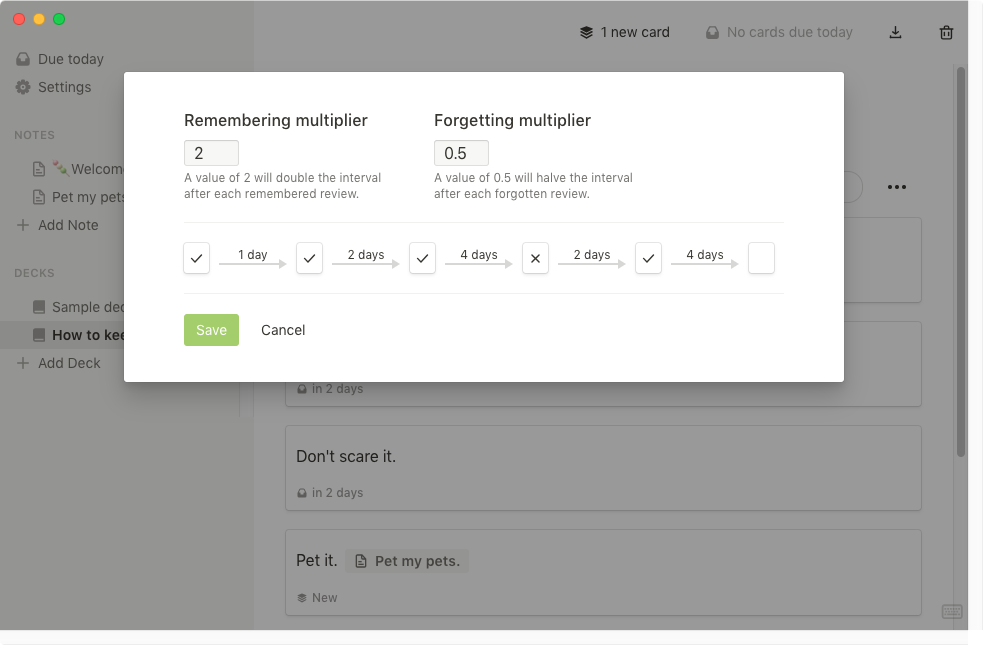Find Sports games for macOS like ★FROG SMASHERS★, Birdsketball, snow!, STREET UNI X, Cuckoo Curling on itch.io, the indie game hosting marketplace. 01170 – Wyattman OS. 01171 – slwsmmrdrwning. 01173 – mylegissore. 01181 – Maestro. 01184 – pussymuncher69. 01188 – drakila. 01190 – Mr Michael JR.
The modern DOE scientific computing portfolio consists of a rich ecosystem of simulation, data analytics, and learning applications, with many distinct data management and analysis needs. The objective of the Mochi project is to design methodologies and tools that allow for the rapid development of distributed data services in support of DOE science. An important aspect of Mochi is composition: common capabilities such as communication, data storage, concurrency management, and group membership are provided under Mochi along with building blocks such as BLOB and key-value stores. These building blocks are mixed together to provide specialized service implementations catering to specific platforms and science needs. Current Mochi research directions include unifying management of disparate data classes from scientific campaigns and applying learning and artificial intelligence to improve the adaptability of data services on heterogeneous DOE platforms.
The Mochi project is a collaboration between Argonne National Laboratory, Los Alamos National Laboratory, Carnegie Mellon University, and the HDF Group. However, Mochi is also bigger than just these partners: Mochi is an open ecosystem enabling the development of a variety of services both within the DOE and internationally.
- < Previous
- Next >
All Theses
Title
Author
Date of Award
8-2017
Document Type
Thesis
Degree Name
Master of Arts (MA)
Department
English
Committee Member
Dr. Megan Eatman, Committee Chair
Committee Member
Dr. Jillian Weise

Committee Member
Dr. Jonathan Field
Abstract
To live with Obsessive-Compulsive disorder is to live a life constantly misrepresented and misunderstood. By investigating the types of representations of the disorder found in popular visual media, one can surmise the drastic disparity that exists between the lived experience of OCD and the visually locked in version commonly shows to audiences. Comparing these representations with clinical, experiential, and anecdotal evidence leads to the conclusion that popular media, as well as society writ large, are primarily focused on appropriating and trivializing the compulsive behaviors of those with OCD while altogether neglecting the harsh reality of the intrusive thoughts that drive them.
Recommended Citation
Martin, Sam, 'Madness in the Media: Demystifying the Emergence of an OCD Trope in Television' (2017). All Theses. 2724.
https://tigerprints.clemson.edu/all_theses/2724
Share
To view the content in your browser, please download Adobe Reader or, alternately,
you may Download the file to your hard drive.
Mochi Madness Mac Os X
NOTE: The latest versions of Adobe Reader do not support viewing PDF files within Firefox on Mac OS and if you are using a modern (Intel) Mac, there is no official plugin for viewing PDF files within the browser window.